Ace assassin Frank Kitchen is double crossed by gangsters and falls into the hands of rogue surgeon known as The Doctor who turns him into a woman. The hitman, now […]
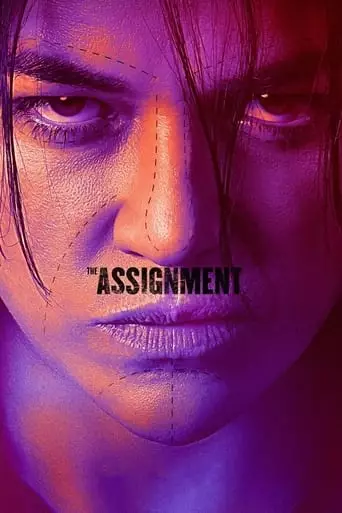
Ace assassin Frank Kitchen is double crossed by gangsters and falls into the hands of rogue surgeon known as The Doctor who turns him into a woman. The hitman, now […]
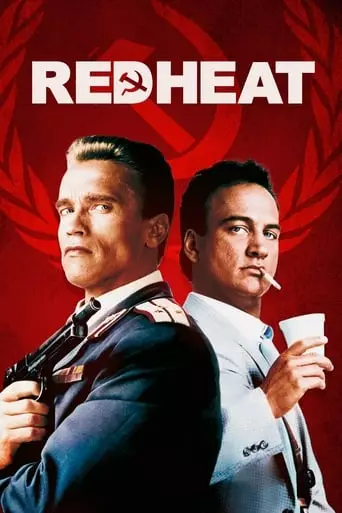
A tough Russian policeman is forced to partner up with a cocky Chicago police detective when he is sent to Chicago to apprehend a Georgian drug lord who killed his […]
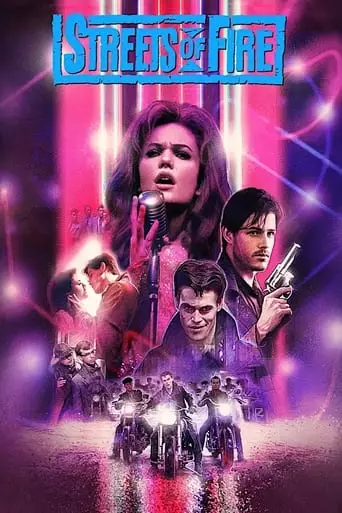
Raven Shaddock and his gang of merciless biker friends kidnap rock singer Ellen Aim. Ellen’s former lover, soldier-for-hire Tom Cody, happens to be passing through town on a visit. In […]
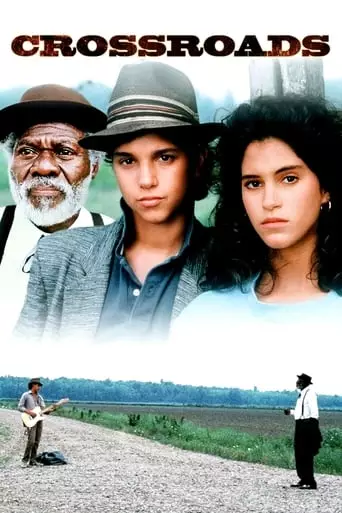
A wanna-be blues guitar virtuoso seeks a long-lost song by legendary musician, Robert Johnson.
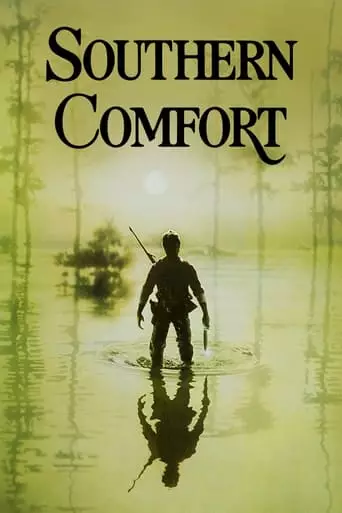
A squad of National Guards on an isolated weekend exercise in the Louisiana swamp must fight for their lives when they anger local Cajuns by stealing their canoes. Without live […]
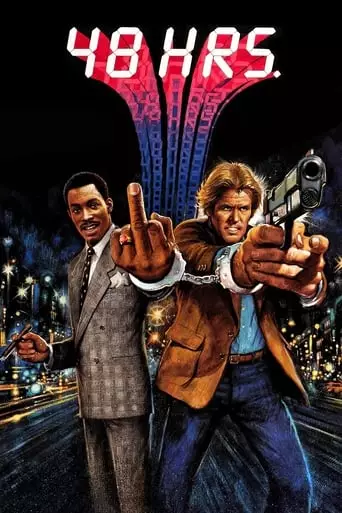
A hard-nosed cop reluctantly teams up with a wise-cracking criminal temporarily paroled to him, in order to track down a killer.
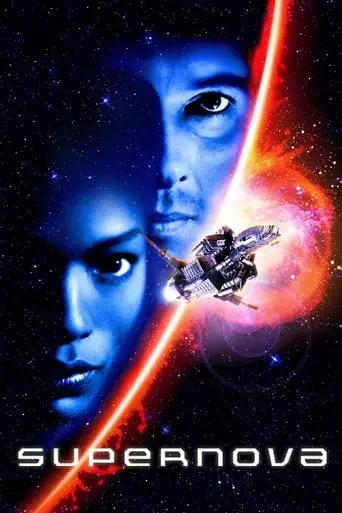
Set in the 22nd century, when a battered salvage ship sends out a distress signal, the seasoned crew of the rescue hospital ship Nova-17 responds. What they find is a […]
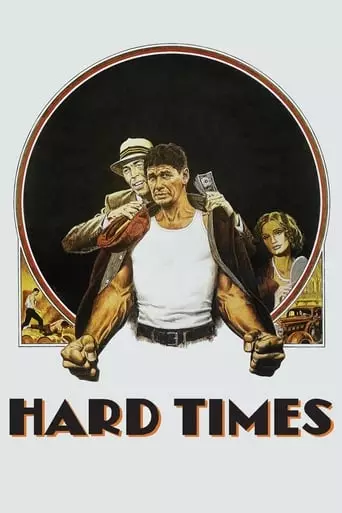
In the depression, Chaney, a strong silent streetfighter, joins with Speed, a promoter of no-holds-barred street boxing bouts. They go to New Orleans where Speed borrows money to set up […]
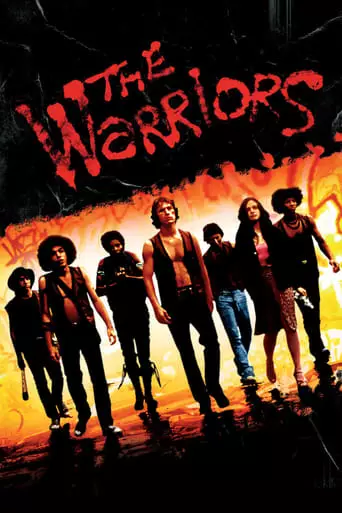
Prominent gang leader Cyrus calls a meeting of New York’s gangs to set aside their turf wars and take over the city. At the meeting, a rival leader kills Cyrus, […]
Walter Hill: The Master of Action and Grit
Walter Hill, born January 10, 1942, is an American filmmaker whose work has left an indelible mark on action cinema. Known for his spare storytelling, gritty characters, and visceral action sequences, Hill has crafted a career defined by its stylistic precision and thematic focus on loyalty, honor, and survival. Spanning five decades, his body of work includes action classics, neo-noirs, and genre-defying films that continue to influence contemporary filmmakers.
Early Life and Influences
Born in Long Beach, California, Hill grew up with a love of classic Westerns, pulp novels, and cinema. His early influences, including directors like Howard Hawks and Akira Kurosawa, shaped his approach to filmmaking, emphasizing strong, silent protagonists and efficient storytelling.
After studying art and working as an assistant director on films like The Thomas Crown Affair (1968), Hill transitioned into screenwriting. His scripts for films like The Getaway (1972) and Hickey & Boggs (1972) demonstrated his knack for hard-edged, character-driven narratives.
Directorial Debut and Early Success
Hill made his directorial debut with Hard Times (1975), a Depression-era drama starring Charles Bronson as a bare-knuckle fighter:
Themes: The film introduced many of Hill’s recurring motifs, including solitary, stoic heroes and an emphasis on physical confrontation.
Style: Hill’s minimalist direction and focus on raw, unglamorous action set him apart from his contemporaries.
He followed this with The Driver (1978), a neo-noir thriller about a professional getaway driver (Ryan O’Neal) pursued by a relentless detective (Bruce Dern). The film’s stripped-down narrative and emphasis on car chases made it a cult favorite and a precursor to later works like Drive (2011).
The Warriors (1979): Cult Classic
Hill’s breakthrough came with The Warriors, a stylized urban action film about a street gang fighting their way home through hostile New York City territory.
Impact: Though controversial at the time for its depiction of gang violence, the film became a cult phenomenon, celebrated for its unique aesthetic, iconic dialogue, and vivid portrayal of urban subcultures.
Legacy: The Warriors solidified Hill’s reputation as a director with a distinctive visual style and a talent for creating tense, kinetic action sequences.
The 1980s: Commercial Success and Defining the Buddy-Cop Genre
Hill’s career flourished in the 1980s with a string of influential films:
Southern Comfort (1981):
A tense survival thriller about National Guardsmen navigating hostile Louisiana swamps.
Themes: Explored the fragility of group dynamics and the chaos of nature, blending action with psychological tension.
48 Hrs. (1982):
A groundbreaking buddy-cop film pairing Nick Nolte and Eddie Murphy as an unlikely duo tracking a killer.
Success: A major box-office hit that launched Murphy’s film career and defined the buddy-action-comedy formula for decades to come.
Streets of Fire (1984):
A “rock & roll fable” combining musical elements with action and noir.
Cult Following: Though not a commercial success initially, the film developed a loyal fanbase for its bold, genre-blending style.
Exploration of Westerns and Genre Blending
Hill often revisited the Western, either directly or through modern reinterpretations:
The Long Riders (1980):
A revisionist Western about the James-Younger Gang, notable for casting real-life brothers (the Keach, Carradine, and Quaid families) as the outlaws.
Style: Combined lyrical visuals with brutal violence, reflecting Hill’s admiration for the classic Western.
Extreme Prejudice (1987):
A neo-Western starring Nick Nolte, steeped in themes of loyalty and moral ambiguity.
Wild Bill (1995):
A character study of Wild Bill Hickok, showcasing Hill’s reverence for the mythology of the Old West.
Later Career: Action, Experimentation, and Television
Hill continued to explore action and storytelling innovation into the 21st century:
Last Man Standing (1996):
A loose adaptation of Kurosawa’s Yojimbo, set in Prohibition-era Texas, starring Bruce Willis.
Reception: Praised for its stylish action but criticized for its thin plot.
Bullet to the Head (2012):
A gritty action film starring Sylvester Stallone, marking Hill’s return to the director’s chair after a decade-long hiatus.
Hill also ventured into television, producing and directing for HBO’s acclaimed series Deadwood (2004), which brought his Western sensibilities to the small screen.
Signature Style and Themes
Hill’s work is characterized by a distinctive visual and narrative style:
Themes:
Loyalty, survival, and the moral complexity of violence.
Strong, silent protagonists who navigate hostile worlds with determination and pragmatism.
Visuals:
Sparse, atmospheric settings that emphasize isolation and tension.
A dynamic approach to action, focusing on clarity and impact rather than excess.
Storytelling:
Minimalistic dialogue and an emphasis on visual storytelling.
Blending genres, such as Westerns, noir, and action, to create unique cinematic hybrids.
Legacy and Influence
Walter Hill’s impact on cinema is profound. His pioneering work in the action and neo-noir genres has inspired generations of filmmakers, including Quentin Tarantino, Nicolas Winding Refn, and James Cameron. Films like The Driver and 48 Hrs. remain touchstones for their innovative approaches to character and action.
Hill’s ability to balance visceral thrills with thematic depth ensures his films endure as both entertainment and art.
Conclusion
Walter Hill stands as a quintessential figure in American cinema, celebrated for his mastery of action, his dedication to storytelling, and his willingness to push genre boundaries. Whether crafting tense thrillers or reimagining the Western, Hill’s films resonate with a raw, unflinching energy that continues to captivate audiences and influence filmmakers worldwide.